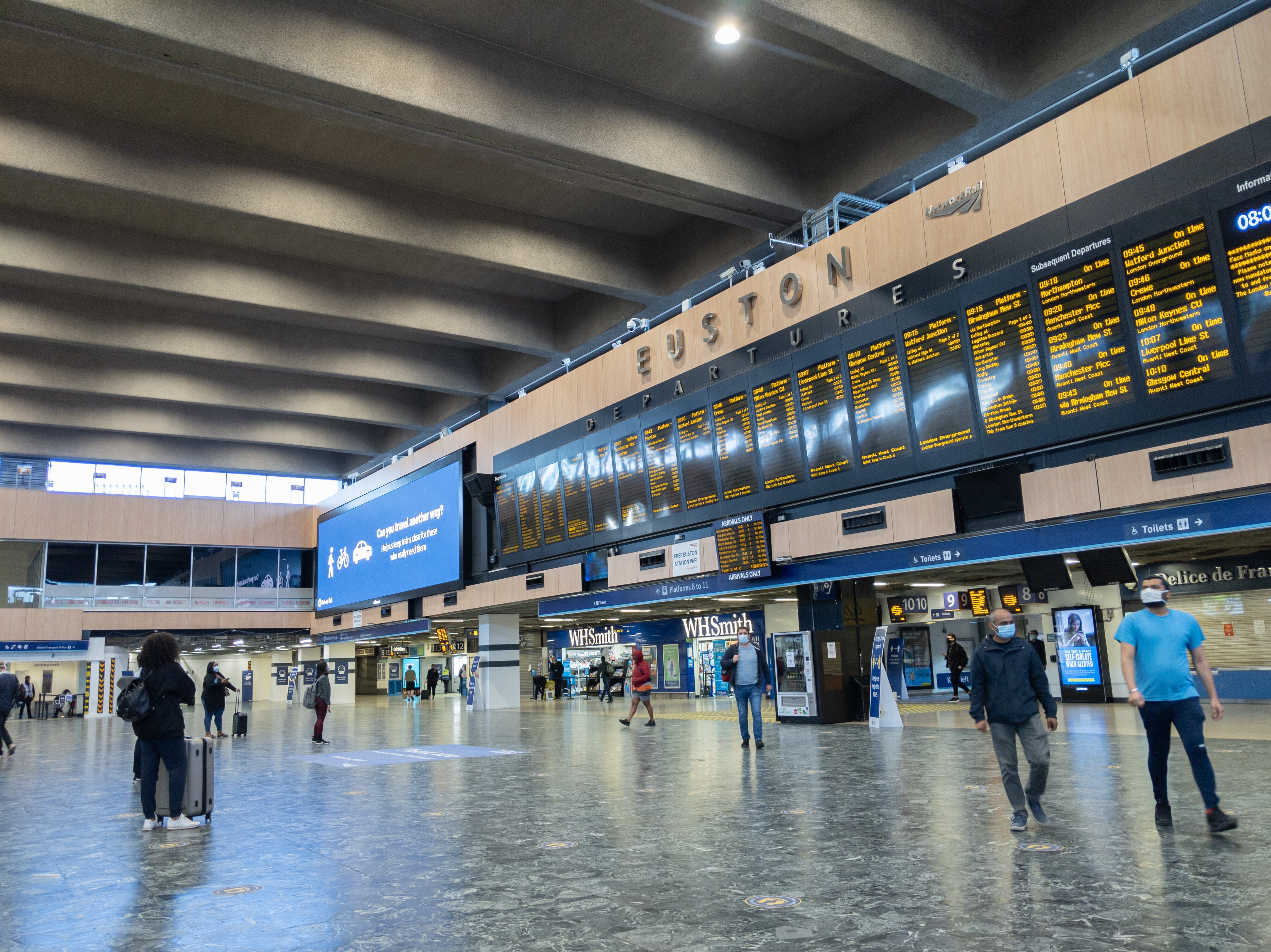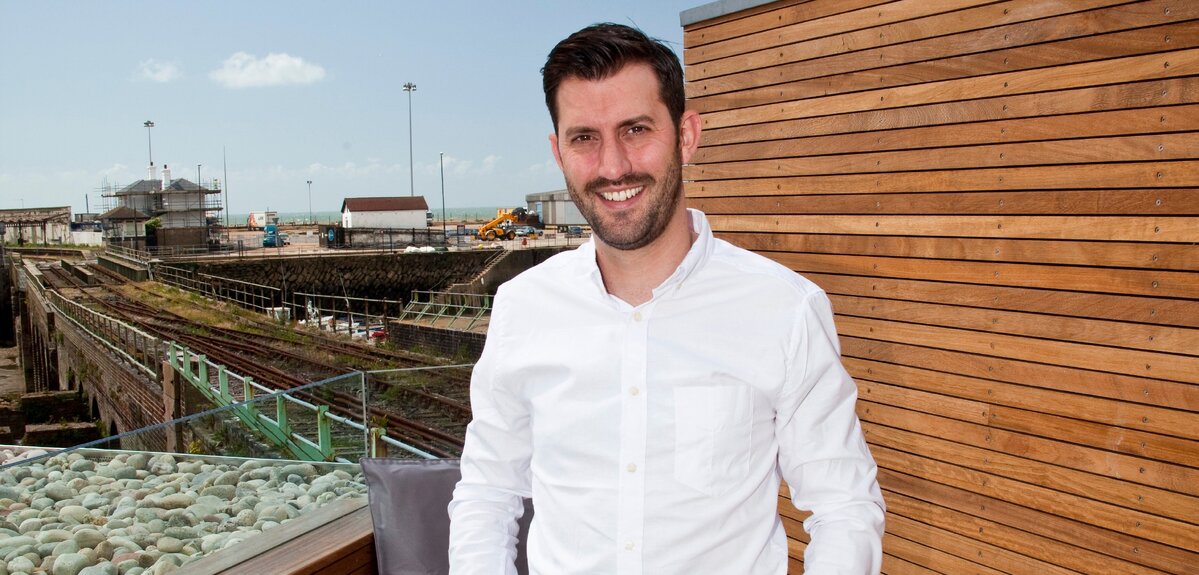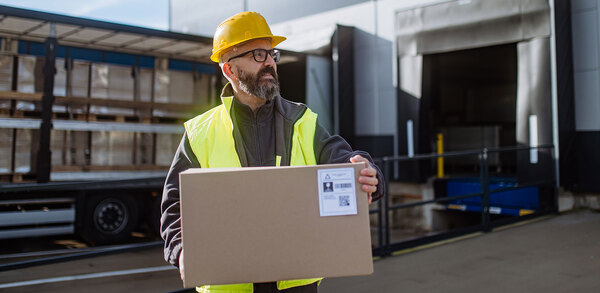SSP says weekly sales 76% lower than last year
Travel caterer SSP has said weekly sales are running at approximately 76% below last year. However, this is an improvement on sales in April and May, when sales were 95% lower, and June, when they were 90% lower.
In a trading update for the second half of the financial year ending 30 September 2020, the firm said this was driven by a stronger recovery in continental Europe, where weekly sales are approximately 66% lower year-on-year, compared with the UK, North America and the rest of the world, where weekly sales remain around 80%-85% lower year-on-year.
Across SSP’s UK business there has been a recovery in the air sector over the summer, predominantly from leisure customers, albeit from considerably lower capacity and reduced capacity from quarantine restrictions.
The rail sector remained very weak during the third quarter, but more recently the group said it has seen a slow recovery driven by a gradual return in commuter travel. However, this could be reversed once again by the government’s U-turn in advising the public to once more work from home if possible.
The group has reopened just over a third of its units, approximately 1,100, and sites are being opened selectively when they will achieve break-even levels of sales. Overall sales in the second half of the year are expected to be approximately 86% lower year-on-year, resulting in a reduction in revenue of around £1.3b compared to 2019.
Simon Smith, chief executive of SSP Group, said: “Covid-19 continues to have an unprecedented impact on the travel industry and on SSP's businesses in all geographies. Our first priority throughout this crisis has been the health, safety and welfare of our people and our customers.
"We have taken rapid and decisive action to reduce cost, preserve cash and to substantially strengthen the group's financial position. It is with regret that the prolonged nature of this crisis has resulted in us having to restructure and make considerable job losses in order to protect the business. These are always extremely difficult decisions, and we are supporting our colleagues throughout this process.
“We have seen some improvement in passenger demand since the start of the crisis and we have reopened units swiftly and profitably in response to this, with over one third of our units now trading. Our model is flexible and we will continue to align unit openings with demand, meeting the needs of our customers while managing operating costs and cash flow tightly.
“In the medium-term we expect to see the gradual return of passenger travel to more normalised levels. The actions we are taking to rebuild the business will enable us to emerge fitter and stronger, positioning us to capitalise on future opportunities and delivering long-term sustainable growth for the benefit of all our stakeholders.”
Photo: Shutterstock




















